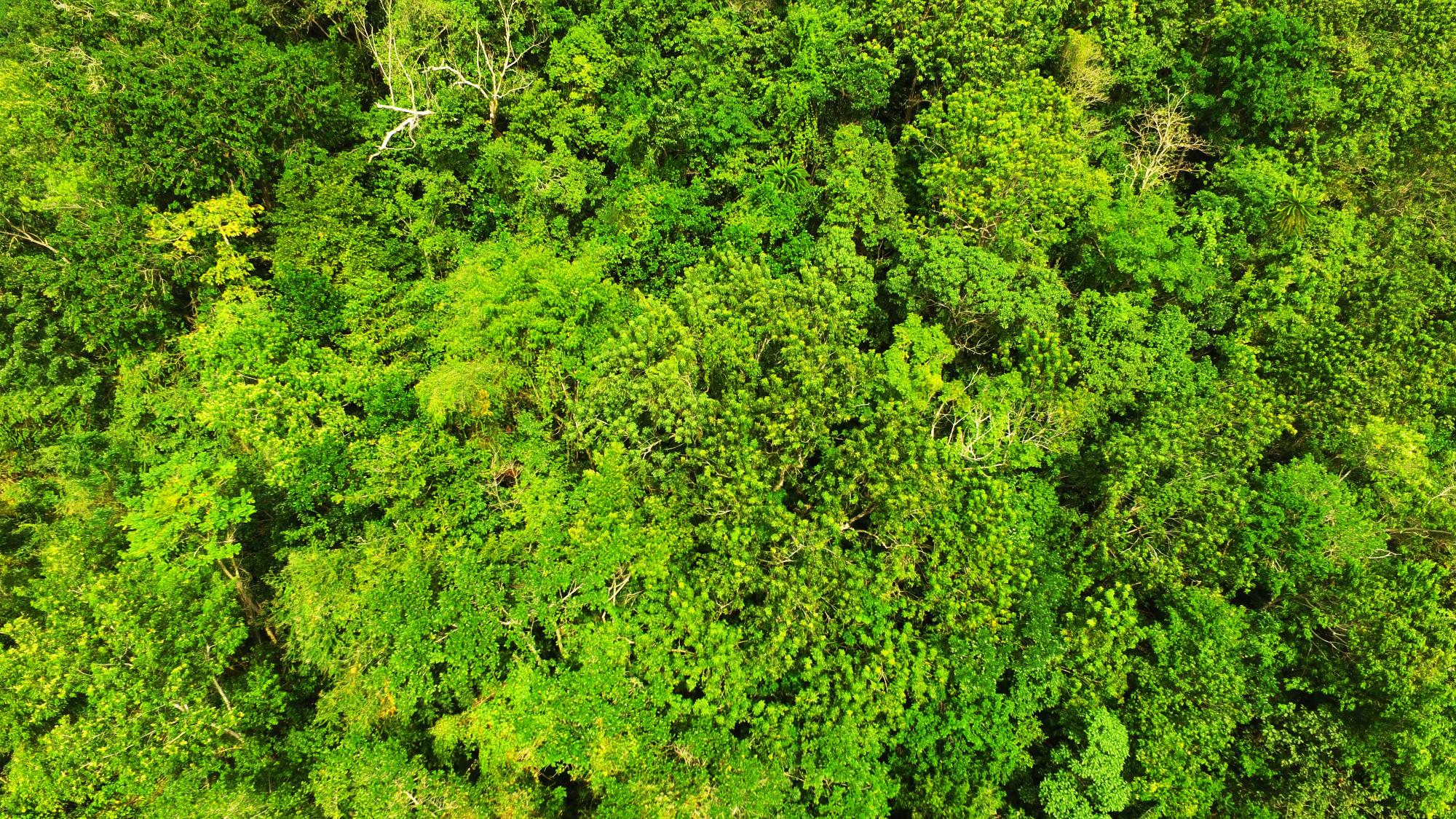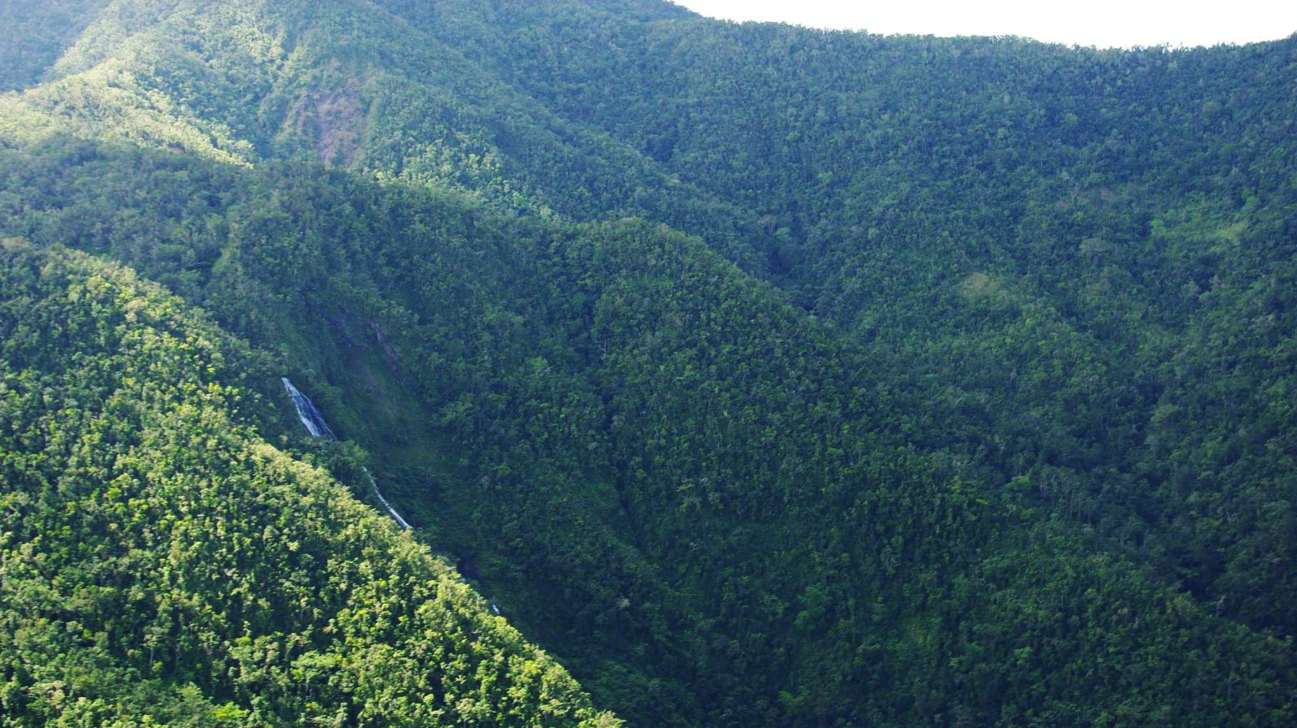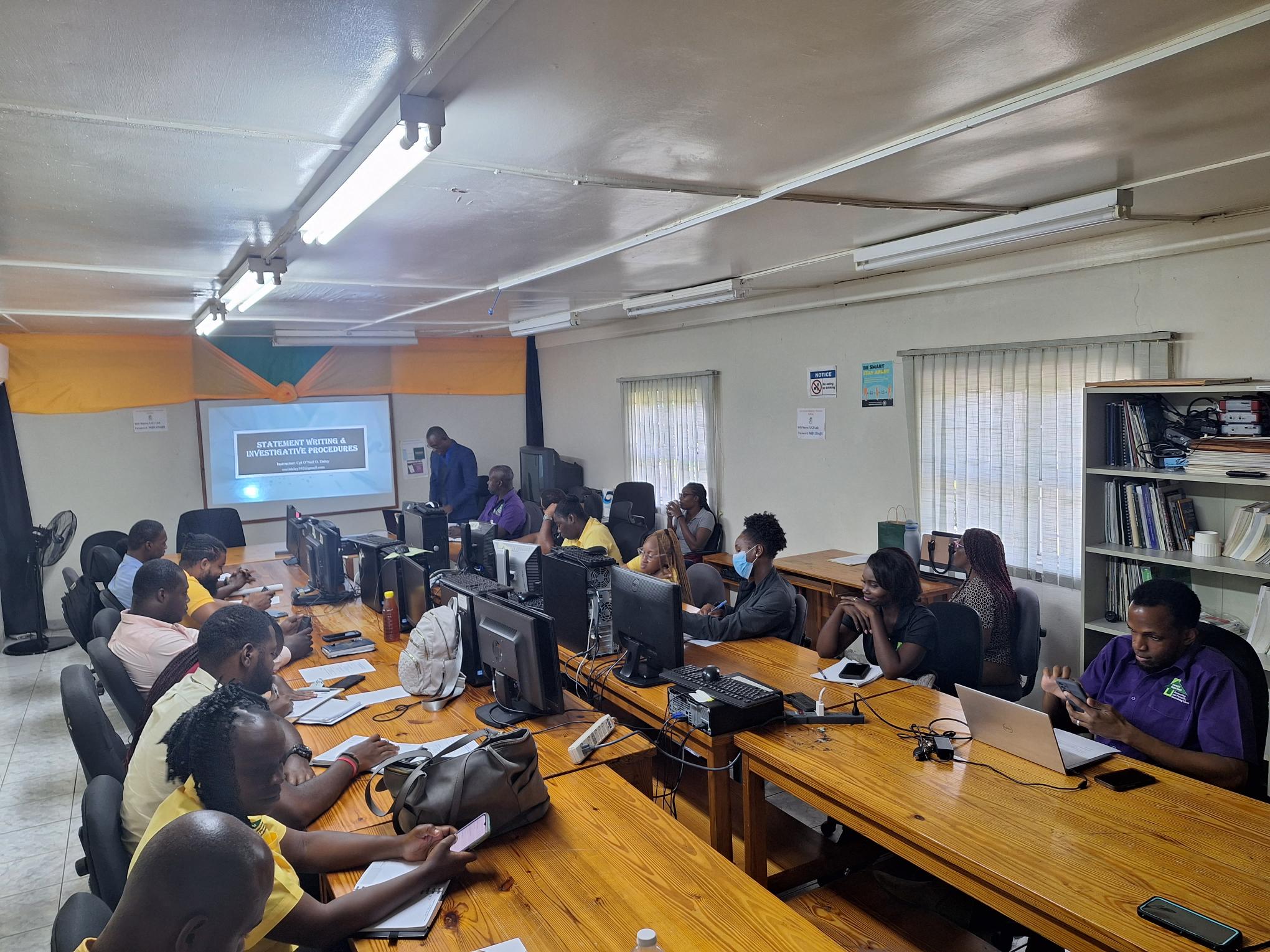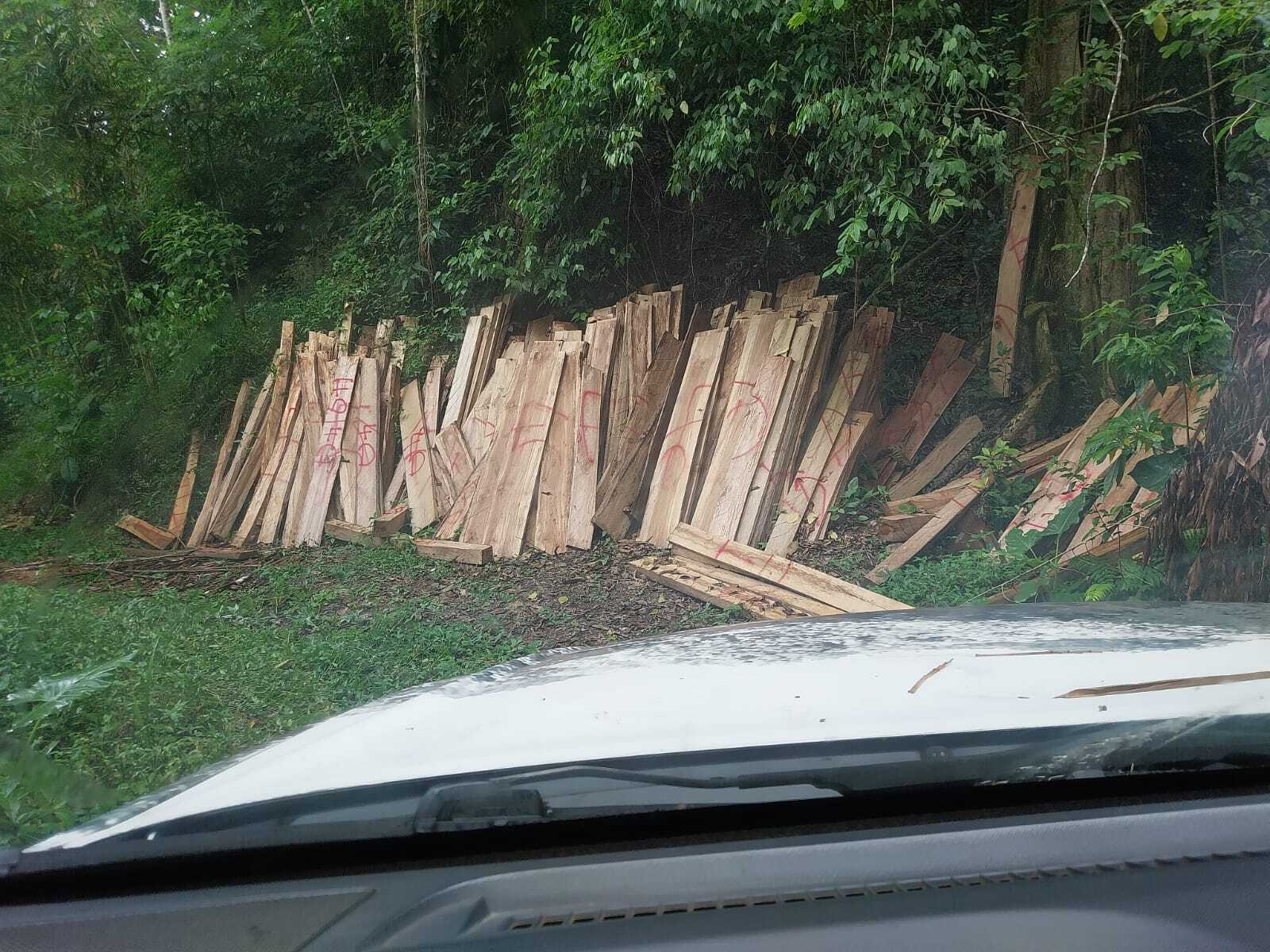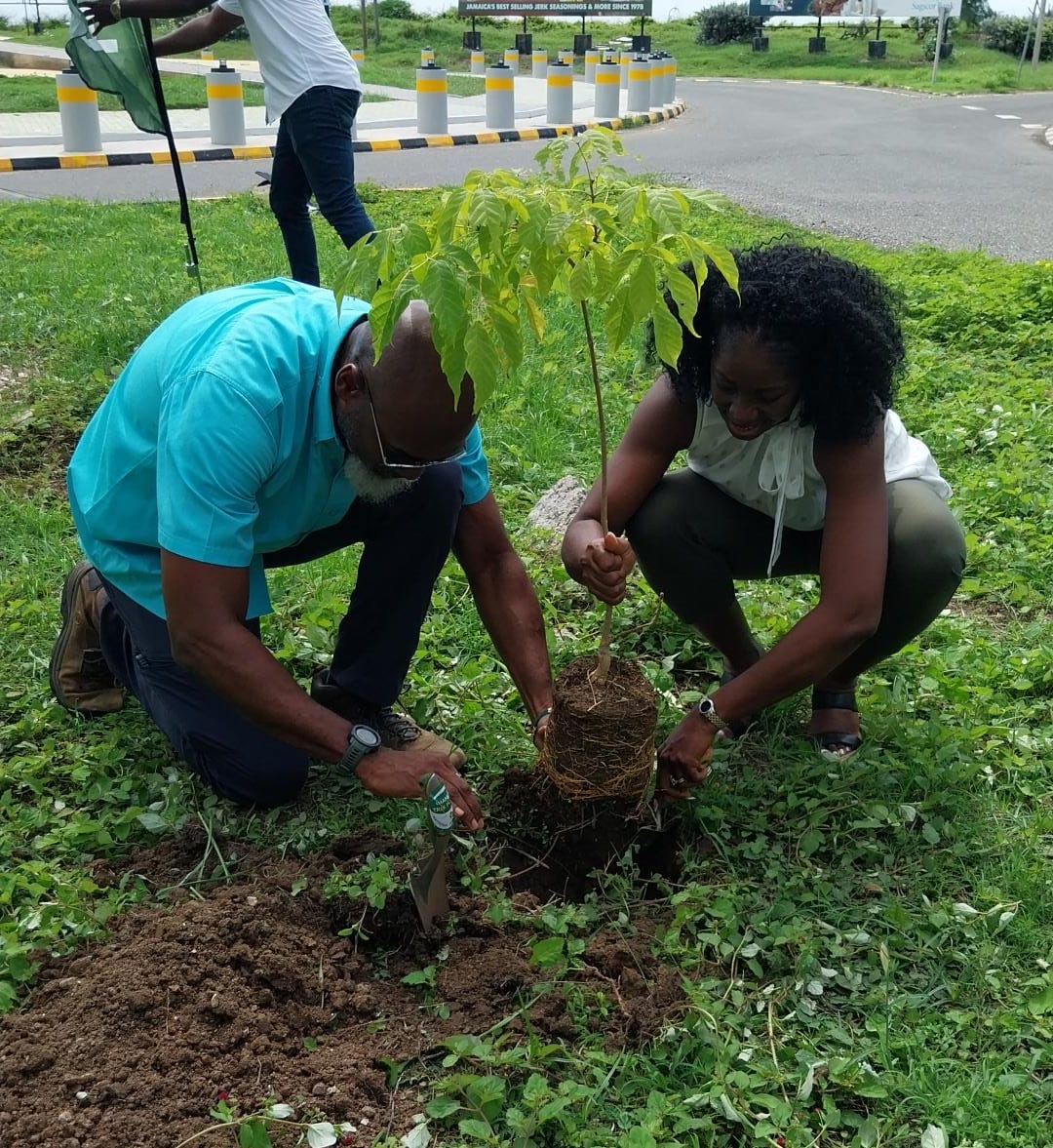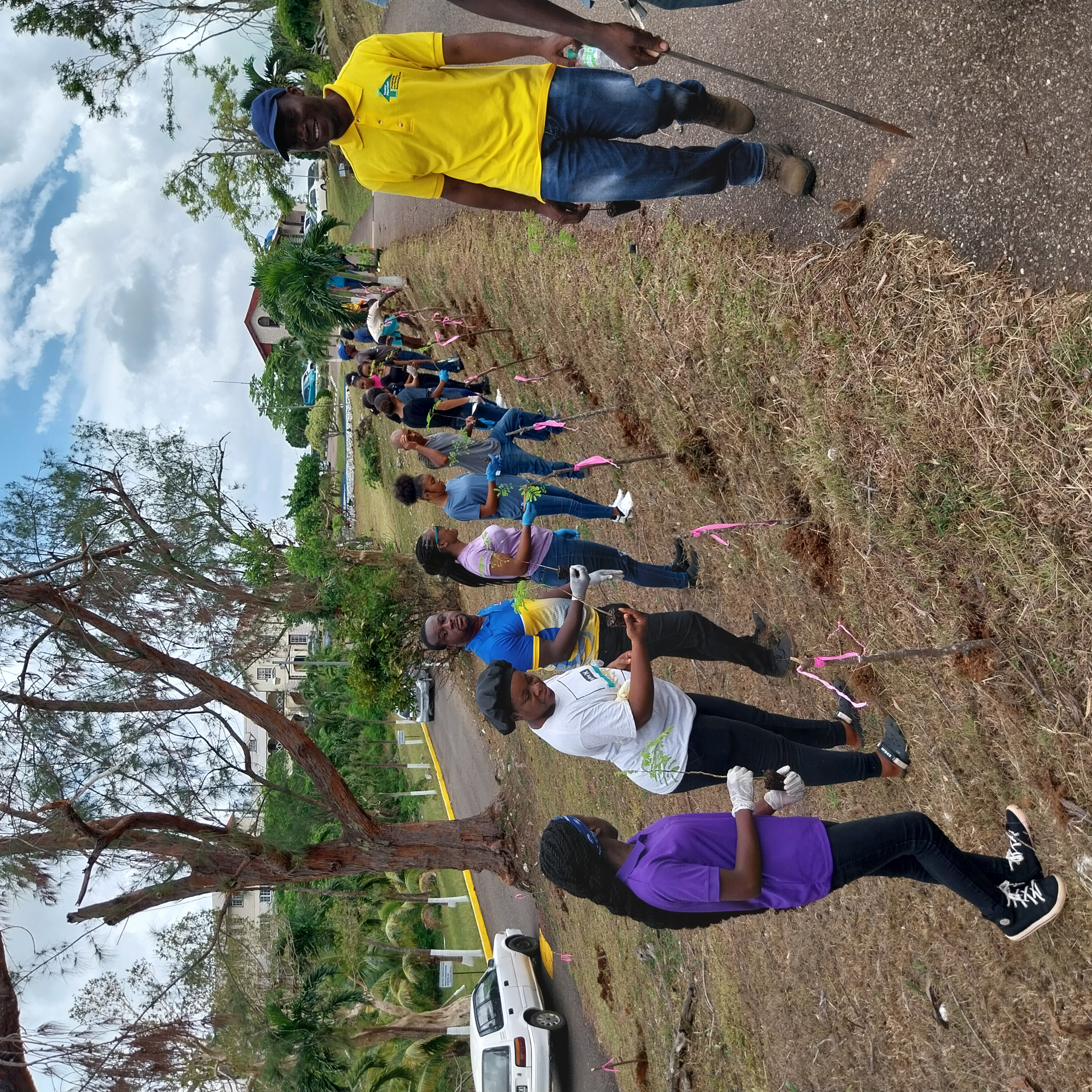Jamaica calls for increased climate-related funding opportunities for women and youth
Increasing opportunities for women and youth to access funding for climate change activities were among the interventions proposed by Jamaica during the 32nd session of the Latin American and Caribbean Forestry Commission now underway.
Following the presentation on the technical document titled- Access to Climate and Environmental Finance, Davia Carty, a member of the Jamaican Delegation attending the meeting, noted in her intervention that there is a need for equitable access to funding opportunities. “Recognising the critical role that climate and the environment plays in the lives of rural households- the majority of which are headed by women, we (Jamaica) recommend that consideration be given in the document to focus strategies that will facilitate access to financing for women and youth,” she said.
“This it is believed will support expansion of the forest financing landscape of the country creating greater impacts amongst the most vulnerable groups, as well as allowing the [forest] sector to generate sustainable financing,” she added.
Expanding the funding opportunities accessible and utilised by the forest sector were among the issues explored during the first of the technical sessions held on Tuesday, September 7. “Advocacy for and commitments to adequate and predictable finance to sustainably manage all types of forests and for fostering the capacity of forests to act as a climate solution, including through REDD+, are urgently needed.” the technical paper reported.
“Currently, yearly average investments in land-based mitigation and adaptation measures make up a mere USD21 billion (3.6 percent of the total flow of climate finance) or USD 133 billion for nature-based solutions (NbS),” the paper added.
Day two also involved discussions about integrating forestry in the Food and Agriculture Organisation’s (FAO) work on Food Systems. Possible solutions were explored to see how best to reduce deforestation and degradation across the Region while limiting the impact of these strategies on food security. Jamaica proposed the implementation of greater funding and capacity building of rural communities as possible solutions to addressing these challenges. “Expansion of agroforestry programmes and transformational systems with the acquisition of underutilised/ degraded lands (which)- can create greater opportunities for local communities once supported. In Jamaica, funding to support the acquisition of these lands for such programmes is paramount,” Ms Carty said.
“Recognising the different roles played by gender groups with respect to food security, interventions by way of gender, equal access to capacity training in areas such as agroforestry, climate resilience farming and forest fire management, will assist local communities to combat forest loss and threats to food security, thereby improving their economic development, capacity to develop smart and resilient food systems, (and) can alleviate increased risks,” she concluded.
The five-day meeting is being hosted virtually by Jamaica and goes until Friday (September 10). The LACFC, which meets biennially, advises the Food and Agriculture Organisation (FAO) on priorities in its forestry programme to be developed for the LAC Region. It also provides inputs to the FAO Committee on Forestry (COFO) and the United Nations Forum on Forests (UNFF).


